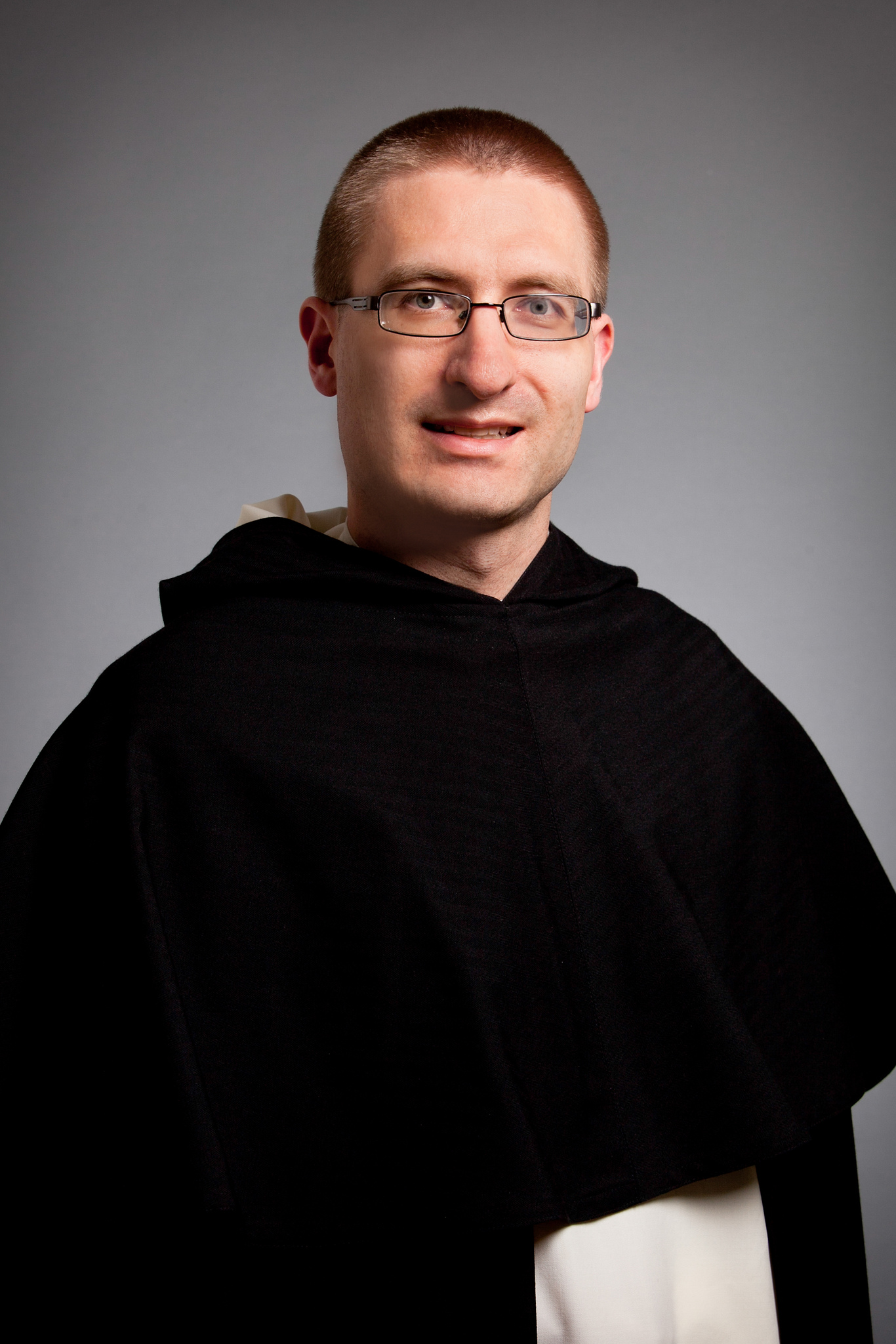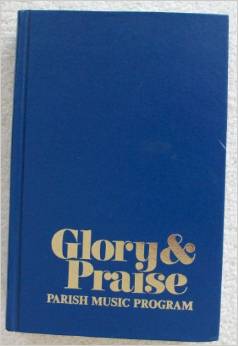The Te Deum (also known as Ambrosian Hymn or A Song of the Church) is an early Christian hymn of praise. The title is taken from its opening Latin words, Te Deum laudamus, rendered as “Thee, O God, we praise”.
The hymn remains in regular use in the Catholic Church in the Office of Readings found in the Lilturgy of the Hours, and in thanksgiving to God for a special blessing such as the election of a pope, the consecration of a bishop, the canonization of a saint, a religious profession, the publication of a treaty of peace, a royal coronation, etc. It is sung either after Mass or the Divine Office or as a separate religious ceremony. The hymn also remains in use in the Anglican Communion and some Lutheran Churches in similar settings.
In the traditional Office, the Te Deum is sung at the end of Matins on all days when the Gloria is said at Mass; those days are all Sundays outside Advent, Septuagesima, Lent, and Passiontide; on all feasts (except the Triduum) and on all ferias during Eastertide. Before the 1962 reforms, neither the Gloria nor the Te Deum were said on the feast of the Holy Innocents, unless it fell on Sunday, as they were martyred before the death of Christ and therefore could not immediately attain the beatific vision. A plenary indulgence is granted, under the usual conditions, to those who recite it in public on New Year’s Eve.
In the Liturgy of the Hours of Pope Paul VI, the Te Deum is sung at the end of the Office of Readings on all Sundays except those of Lent, on all solemnities, on the octaves of Easter and Christmas, and on all feasts. It is also used together with the standard canticles in Morning Prayer as prescribed in the Anglican Book of Common Prayer, in Matins for Lutherans, and is retained by many other churches of the Reformed tradition.
It is traditional for Catholic martyrs to sing the Te Deum before execution, or saints-to-be to sing it after some great tragedy, misfortune, or great joy.
- St Marguerite d’Youville instructed her sisters to kneel in the snow and ashes after the hospital they built in Quebec burned to ashes, to begin again.
- Franciscan Missionaries of Mary intoned it before being hacked to death in the Boxer Rebellion.
- St Marie-Victoire Therese Couderc reported in one her visions the poor souls of Purgatory came to her in her vision and sang the Te Deum.
- St Edmund Campion, SJ & his companions sang the Te Deum in court upon hearing the verdict of their condemnation.
- As part of their punishment, St Paul Miki, SJ, & companions were forced to march 600 miles to their execution while singing the Te Deum.
That is what Catholic martyrs do prior to imminent death, they SING!!!! THEY SING AS THEY WILL FOR ALL ETERNITY!!!!

-by Br Humbert Kilanowski, OP (prior to joining the Order, Br Humbert earned a doctorate in mathematics from Ohio State University.)
“For centuries, the Church has had the custom of singing a hymn of thanks and praise, the Te Deum, at major events. In addition to being part of the Liturgy of the Hours for Sundays and feast days, including every day this week during the Octave of Christmas, this hymn is sung at papal installations and episcopal consecrations; we sang it here at the House of Studies this year upon the election of our new prior. According to legend, the great hymnographer St. Ambrose composed it when he baptized his most famous convert, St. Augustine. But while some liturgical books call it the Hymnus Sanctorum Ambrosii et Augustini (the Hymn of Saints Ambrose and Augustine), it was most likely written by another fourth-century bishop, Nicetas of Remisiana.
In this hymn, we on earth join in the praise of God by all the ranks of heaven: “To you all angels, all the powers of heaven, Cherubim and Seraphim sing in endless praise;” and we recall the life and events of Jesus Christ, the divine Son, who “overcame the sting of death and opened the kingdom of heaven to all believers.” Even those unfamiliar with the original Latin hymn or its literal English translation may recognize a poetic translation, such as “God, We Praise You” or “Holy God, We Praise Thy Name.”
Moreover, the Church grants a plenary indulgence for praying the Te Deum in public, and some places have taken up this custom. My home parish, for example, features the hymn after an hour of Eucharistic adoration and before a Mass at midnight. What better way could there be to make the transition from one year to the next than to spend time in prayer, thanking God for the gifts and blessings of the past year and starting a new one free from the punishment of sin, with the hope that the newborn Savior provides?
Truly, it is fitting therefore that the year turns over during Christmas time, as the Te Deum proclaims: “When you became man to set us free, you did not spurn the Virgin’s womb.” This “marvelous exchange” (admirabile commercium)—as the Church’s liturgy prays this evening, in which God the Son took on our human nature to the fullest, even having a human birth from His virgin mother Mary, in order that we may share in His divinity—is definitely a cause for celebration and praise. As we review and reflect on the many gifts that God has given each of us this past year, let us also ponder the greatest gift—the birth of the Son that makes friendship with God possible—and give God thanks and praise, asking Him, as the hymn concludes, to “bring us with Your saints to glory everlasting.”
Te Deum laudamus:
te Dominum confitemur.
Te aeternum Patrem
omnis terra veneratur.
Tibi omnes Angeli;
tibi caeli et universae Potestates;
Tibi Cherubim et Seraphim
incessabili voce proclamant:
Sanctus, Sanctus, Sanctus,
Dominus Deus Sabaoth.
Pleni sunt caeli et terra
maiestatis gloriae tuae.
Te gloriosus Apostolorum chorus,
Te Prophetarum laudabilis numerus,
Te Martyrum candidatus laudat exercitus.
Te per orbem terrarum
sancta confitetur Ecclesia,
Patrem immensae maiestatis:
Venerandum tuum verum et unicum Filium;
Sanctum quoque Paraclitum Spiritum.
Tu Rex gloriae, Christe.
Tu Patris sempiternus es Filius.
Tu ad liberandum suscepturus hominem,
non horruisti Virginis uterum.
Tu, devicto mortis aculeo,
aperuisti credentibus regna caelorum.
Tu ad dexteram Dei sedes, in gloria Patris.
Iudex crederis esse venturus.
Te ergo quaesumus, tuis famulis subveni:
quos pretioso sanguine redemisti.
Aeterna fac cum sanctis tuis in gloria numerari.
[added later, mainly from Psalm verses:]
Salvum fac populum tuum,
Domine, et benedic hereditati tuae.
Et rege eos, et extolle illos usque in aeternum.
Per singulos dies benedicimus te,
Et laudamus Nomen tuum in saeculum, et in saeculum saeculi.
Dignare, Domine, die isto sine peccato nos custodire.
Miserere nostri Domine, miserere nostri.
Fiat misericordia tua,
Domine, super nos, quemadmodum speravimus in te.
In te, Domine, speravi:
non confundar in aeternum.
We praise Thee, O God ,
we acknowledge Thee to be the Lord.
All the earth doth worship Thee,
the Father everlasting.
To Thee all Angels cry aloud,
the Heavens, and all the Powers therein.
To Thee Cherubim and Seraphim,
continually do cry,
Holy, Holy, Holy,
Lord God of Hosts;
Heaven and earth are full of the Majesty,
of Thy glory.
The glorious company of the Apostles, praise Thee.
The goodly fellowship of the Prophets, praise Thee.
The noble army of Martyrs, praise Thee.
The holy Church throughout all the world,
doth acknowledge Thee;
The Father, of an infinite Majesty;
Thine honourable, true, and only Son;
Also the Holy Ghost, the Comforter.
Thou art the King of Glory, O Christ.
Thou art the everlasting Son, of the Father.
When Thou tookest upon Thee to deliver man,
Thou didst not abhor the Virgin’s womb.
When Thou hadst overcome the sharpness of death,
Thou didst open the Kingdom of Heaven to all believers.
Thou sittest at the right hand of God, in the glory of the Father.
We believe that Thou shalt come, to be our Judge.
We therefore pray Thee, help Thy servants,
whom Thou hast redeemed with Thy precious blood.
Make them to be numbered with Thy Saints, in glory everlasting.
[added later, mainly from Psalm verses:]
O Lord, save Thy people,
and bless Thine heritage.
Govern them, and lift them up for ever.
Day by day, we magnify Thee;
And we worship Thy Name, ever world without end.
Vouchsafe, O Lord, to keep us this day without sin.
O Lord, have mercy upon us, have mercy upon us.
O Lord, let Thy mercy lighten upon us,
as our trust is in Thee.
O Lord, in Thee have I trusted,
let me never be confounded.”
So, I don’t know about vous, but I am not totally convinced we have made great progress with the more contemporary Glory & Praise hymnals since Messrs Haydn, Bach, Pergolesi, Charpentier, & Mozart, no? 🙂
But, you know, Catholic Sunday Mass, whatevs cheapest/easiest. Which parishioner is willing to belt anything/something/”all are welcome/kumbaya, Tammy Wynette cover band, and I personally LOVE Tammy Wynette, just maybe NOT for Mass?” for free? It’ll do, as if anything wouldn’t. Sometimes silence is just more solemn/reverent. 🙂
Love & worthy songs of Praise!,
Matthew

